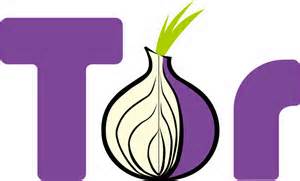UPDATE: I have more details in today’s story.
In July the Kilton Library in West Lebanon, NH, became part of Tor, the anonymous network – indicative of how librarians have long been advocates for personal privacy. It was the first public library in the country to join Tor under the Library Freedom Project. Tor, of course, has a checkered reputation because of unsavory users but also strong advocates who say it’s useful for free speech and public protest.
The Department of Homeland Security took notice – they do not like Tor, which makes it hard for law enforcement during investigations – and eventually word got to the local police, who contacted the city manager’s office, who contacted the librarian, and then the library pulled the plug temporarily until the Board of Trustees can decide what to do.
“Right now we’re on pause,” Sean Fleming, the library director of the Lebanon Public Libraries, told ProPublica in this story. “We really weren’t anticipating that there would be any controversy at all.”
The idea to install Tor services in libraries emerged from Boston librarian Alison Macrina’s Library Freedom Project, which aims to teach libraries how to “protect patrons’ rights to explore new ideas, no matter how controversial or subversive, unfettered by the pernicious effects of online surveillance.”
The Kilton Library was running a middle-level server, they didn’t have Tor installed in the public terminals.


 Return to the Concord Monitor
Return to the Concord Monitor
https://plus.google.com/u/0/+ShavaNerad/posts/8q6ajCshXzh
A few of us are trying to do what we can to support the library. If you hear of folks we should be networking with, please connect us, thanks! 🙂